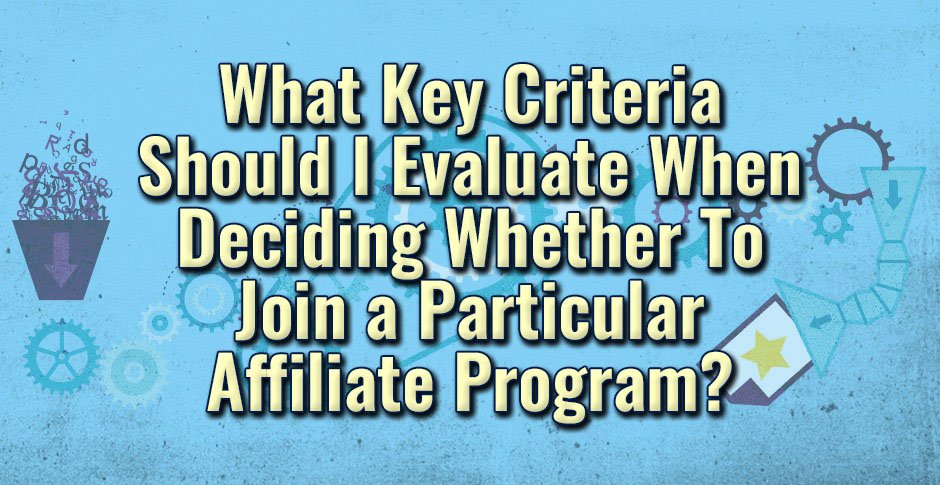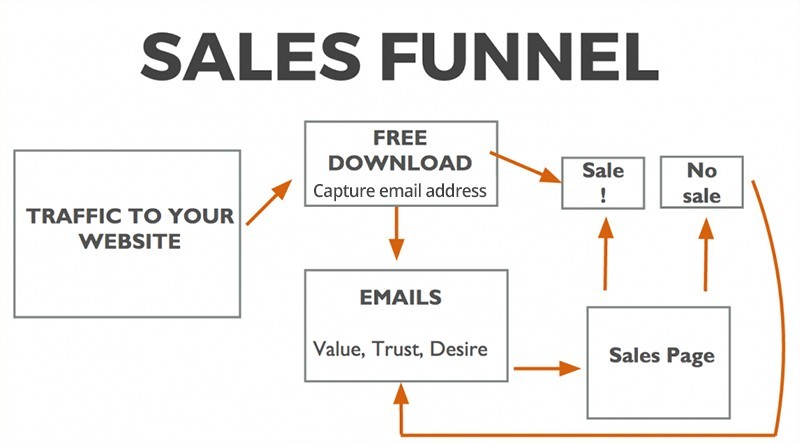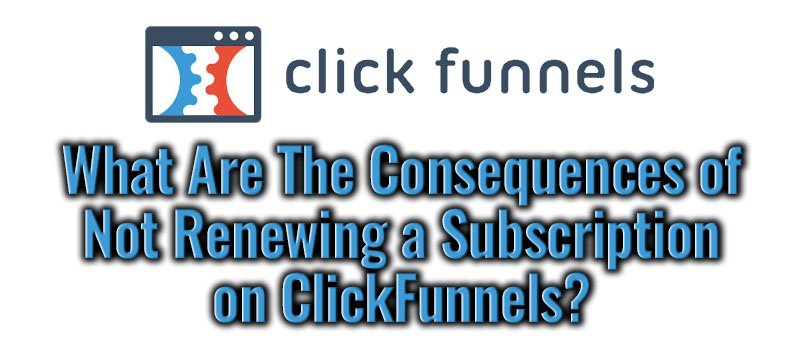1. If there are stats provided on sales and refunds, check those.
A high refund rate of >10% indicates a product people are not that happy with.
A low number of sales also means it’s a product people likely are not interested in (though it could mean that the product has not been promoted heavily yet).
2. Next check the price of the product and if it matches the perceived quality of the product; i.e. is it value for money?
If it’s a low-priced product, you‘ll have to sell a lot of it to make decent money.
Higher-priced products require fewer sales to make a good amount of money.
3. Check the reputation of the product developer or company behind it.
If they have a bad reputation (you’ll see that from customer reviews), stay away.
Don’t forget that you’re putting your reputation on the line by selling products or making recommendations.
If you get a reputation for selling low-quality products, word will spread and people will stop buying from you.
4. Check if anyone can become an affiliate or if you have to pay a fee to become one.
Programs requiring fees are usually trying to filter out tire-kickers but some are using affiliation fees to make a bit of money on the side.
One-time fees are what you should look for – these (allegedly) cover one-time setup fees and resource allocation.
Beware of programs that require you to maintain an ongoing membership fee in order to remain an affiliate.
If you get use out of their service then that makes things better, but if you don’t use the service, membership fees will just be money down the drain if you’re not making sales.
5. Watch out for payment thresholds.
This is a sneaky tactic used by some sellers (including well-known brands) where they will not pay out affiliate commissions unless you make a certain threshold of commissions.
This could actually save them a huge amount of money by not having to pay out the little guy.
6. Beware of ongoing admin fees.
CJ (formerly Commission Junction) apply these.
They also impose a commission threshold.
So if you don’t make enough commissions to get a payout, they’ll charge you a fee for maintaining your account and, unless you make additional commissions, your account will eventually go to zero.
7. Check what ways commissions are paid out.
The more options you have the better, rather than being locked into one type of payout.
If you don’t like PayPal for example, you probably don’t want to be an affiliate for a program that only pays out via PayPal.
There are other, shall I say inconvenient, payout methods employed by various merchants.
Maybe they prefer to pay out in Bitcoin or to a Payoneer card or only directly to a bank account.
If you’re going to be selling physical goods rather than digital goods, your commission rates are going to be substantially lower (typically 1%-10% of the sale) whereas digital goods typically offer 30%-80% commissions.
The low end of that digital goods range is usually for ongoing subscriptions for a service why one-off digital products usually provide a 50%+ commission.
8. If you can, take a look at the sales funnel for the product you’re interested in becoming an affiliate for.
This will show you everything in the funnel, their prices and their individual commission rates.
It’s best if the same commission percentage is applied to all products in the funnel though you may find that commission percentages start dropping as product prices rise.
Remember that when you’re selling products as an affiliate, you’re building the vendor’s email list.
Where possible, you should create a capture (opt-in) page to capture email addresses for your own list before forwarding people on to the product or offer.
While merchants may disclose what products are in their sales funnels (on WarriorPlus for example), they may also promote products not in the funnel to their buyers list.
These may be other products they’ve created or, more likely, products for which they are affiliates themselves.
You will not get any commissions from sales of these products.
Those are just some of the things to keep in mind.
Source: I originally posted this on Quora

All the best,
Gary Nugent
Check out my Instagram posts and reels here:
Follow me (@aiaffiliatesecrets) on Instagram
P.S.: Don't forget, if you want to create an internet income of your own, here's one of my recommended ways to do that:





